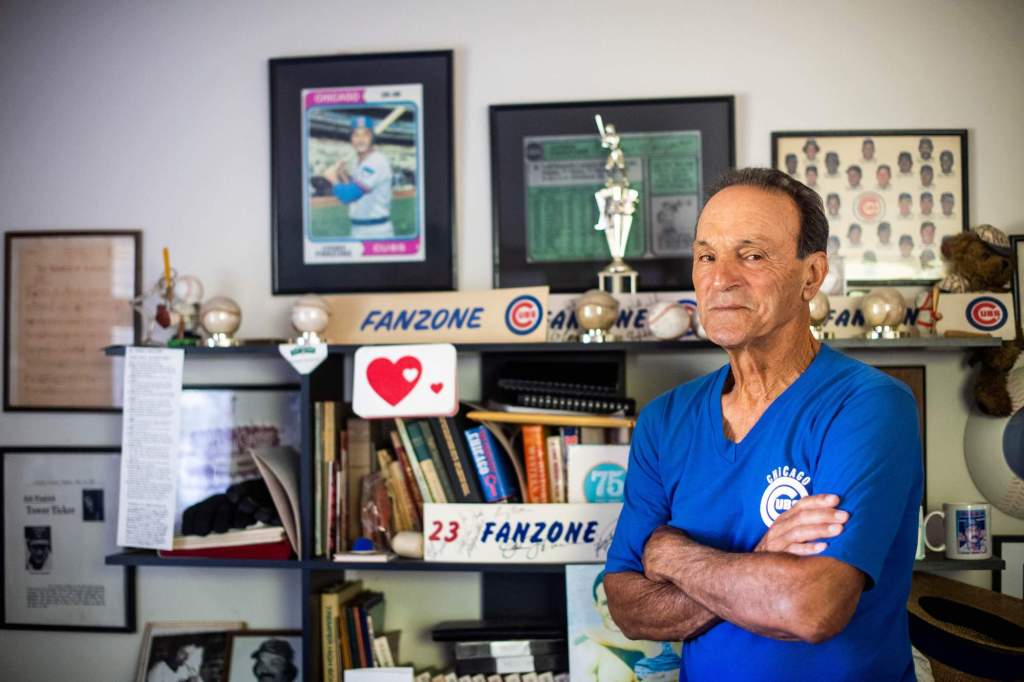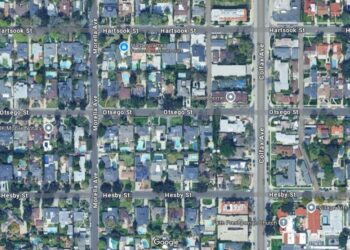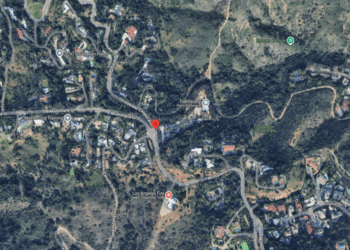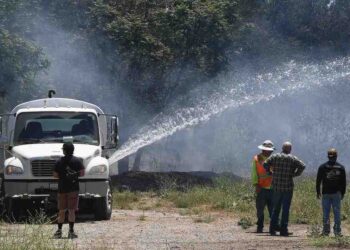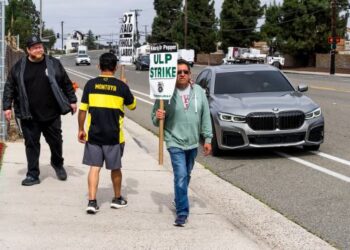“I was heavily influenced growing up by the musical play, ‘Man of La Mancha,’ which tells the story of Don Quixote battling to right wrongs.” — Doug Gladstone.
Baseball’s Man of La Mancha packs his bags today for another flight to the West Coast to visit a couple of ex-Major League Baseball players living in the San Fernando Valley and Orange County who got a raw deal at the end of their careers.
For the last 14 years, Doug Gladstone has been on a one-man crusade to get Carmine Fanzone, Jerry Janeski, and more than 500 other ex-ballplayers the retirement benefits they walked the picket lines for more than 50 years ago.
They won the fight, but lost the war. The players who followed them after 1980 got the money and benefits. The guys before them who hadn’t played more than four years in the majors got nothing.
They were all utility players and pinch hitters, guys who filled out the rosters and never made much. They could use an extra $10,000 a year now in their old age, and the peace of mind knowing their spouses would keep receiving the payments for three to five years after they were gone.
They went hat in hand to the player’s union, but got nowhere. What they needed was someone who would fight for them and not give up.
In rode Don Quixote.
“I can’t tell you how many people have said I’m tilting at windmills, but somebody has to go to bat for these men,” said Gladstone, an information specialist with a public retirement system in New York.
Prior to 1980, you had to be on a Major League roster for four years to earn a pension. After 1980 and free agency, it was 43 games. That’s what you call lowering the bar a bit.
The retired guys said, “Hey, what about us? We all played a heck of a lot more than 43 games in our careers. We walked the picket lines as players for this.”
Fanzone, 81, who lives in Sherman Oaks, was a utility player for the Chicago Cubs in the late 1960s and early 70s. He played in 237 games in a career that…
Read the full article here

